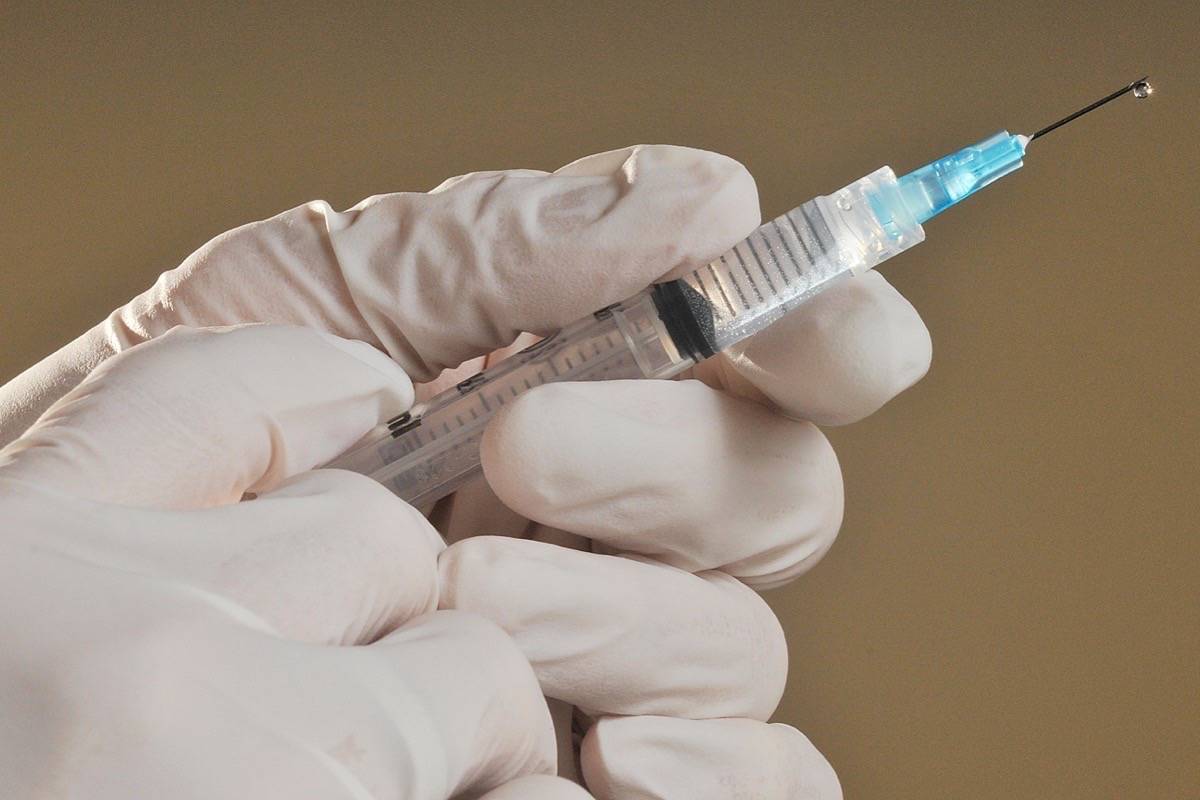With flu season in full swing, Alaska’s Department of Health and Social Services (DHSS) is encouraging Alaskans to get their flu shots in order to avoid this year’s strain of the virus. Leslie Felts, nurse manager at the Alaska Division of Public Health in Kenai, said that the two most common strains identified so far this year have been Influenza A H1 and Influenza A H3. Public health nurse Tami Marsters said that the “A” flu types come with more severe symptoms than “B” types and Alaskans should take every precaution they can to prevent the virus from spreading.
Flu season is typically associated with the winter months, and because Alaskan winters often last longer than what the Lower 48 experiences, Alaskan flu season also lasts significantly longer. Felts said that over the past few years April has been the peak month for the virus in Alaska, so anyone who thinks they may be too late in getting their flu shot still has plenty of time.
According to a press release by DHSS, getting a flu shot can reduce the risk of contracting the virus by about 50 percent. Felts said that the shot takes about two weeks to become effective, meaning that if someone has unknowingly contracted the virus before receiving the shot or within those first two weeks they are still at risk of infection. Felts also said that the vaccine uses a dead strain of the virus, meaning there is no risk of the shot directly infecting someone with a weaker immune system.
The shot is safe for anyone over six months of age and is the best way to prevent the virus from spreading, according to Felts and Marsters. Beyond that, they said that the best ways to stop the flu in its tracks are frequent handwashing and staying home from work or school when sick. According to the Centers for Disease Control and Prevention, the flu virus killed about 80,000 Americans over the course of the 2017-2018 season. In less severe cases, symptoms often include headaches, fatigue, fever and chills. Felts said that Alaskans still have a few months of flu season remaining and should take every precaution to keep their families healthy.

